 When it comes to mastering the art and science of software engineering, nothing beats the guidance and insights found within the pages of the best software engineering books. These books serve as invaluable resources for aspiring and seasoned developers alike, providing a wealth of knowledge, practical techniques, and industry best practices. From foundational principles to advanced topics, these books cover a wide range of software engineering disciplines, including software design, development methodologies, testing, architecture, and more. In this article, we will delve into a curated list of the best software engineering books, enabling you to enhance your skills, deepen your understanding, and stay ahead in the ever-evolving world of software development.
When it comes to mastering the art and science of software engineering, nothing beats the guidance and insights found within the pages of the best software engineering books. These books serve as invaluable resources for aspiring and seasoned developers alike, providing a wealth of knowledge, practical techniques, and industry best practices. From foundational principles to advanced topics, these books cover a wide range of software engineering disciplines, including software design, development methodologies, testing, architecture, and more. In this article, we will delve into a curated list of the best software engineering books, enabling you to enhance your skills, deepen your understanding, and stay ahead in the ever-evolving world of software development.
What is Software Engineering?
Software engineering concerns itself with the expansion and improvement of computer products. It is a division of engineering and a subfield of computer science. It is also the procedure in which the engineers examine the demands of the end user before designing, developing, and testing the software to make sure its features meet the requirements. In order to create software, engineers have developed a number of standards, methods, and best practices, including rules and languages. An efficient and effective product is what software engineering produces.
What Does a Software Engineer Do?
Software engineers have an in-depth understanding of computer operating systems, programming languages, and software development. Students develop software using engineering concepts, which they can acquire through books on software engineering. This should follow a process that begins with analysis and ends with testing the finished product. The responsibility of a software engineer is to develop high-end goods using cutting-edge technologies. They must establish a plan for making the software and make sure the process flow is appropriate.
Depending on their work description, they may do a variety of responsibilities. Their work includes creating predictions after data analysis, the creation of the software infrastructure, and building a system that is unique to each client.
Kinds of Software Engineering
Operational Software Engineering
The operational effectiveness of software is the focus of operational software engineering. It checks to see if the program complies with the requirements for usability, performance, cost, security, and dependability. With the help of cost-cutting measures and operational simplification, this kind of engineering aims to boost an organization’s profitability.
Transitional Software Engineering
This type of software engineering evaluates how well software performs when it moves across different environments. For the software to adapt to the shifting settings and their changing needs, it must be adaptable and scalable.
Software Engineering Maintenance
This kind of software engineering concerns itself with timely software maintenance. Recurrent software engineers focus on how the program will function if all or some components of the current system change. By detecting them, it attempts to fix the software’s flaws.
Best Software Engineering Books
1. Clean Code: A Handbook of Agile Software Craftsmanship
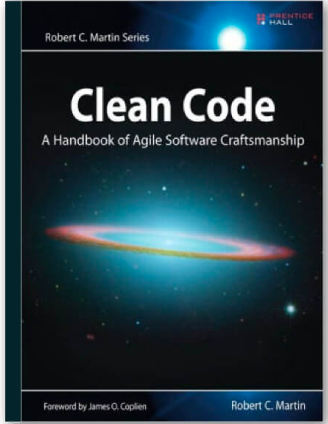
If the name Robert C. Martin seems familiar, it’s because he’s the same software expert that wrote Clean Architecture, which is the second book on this list of the top resources for software engineering. Robert C. Martin (also known as “Uncle Bob,” as many people have fondly referred to him) acknowledges in this book that even subpar code will work. Martin is aware that if this code is not clean, it could throw a monkey wrench into the works. A tremendous burden of resources and numerous staff hours can get taken up by messy code.
The goal of Clean Code is to assist software developers and engineers in “cleaning” up their code to reduce potential problems in the future. Especially for those who are just starting out in the industry, Clean Code is unquestionably in the race for the finest software engineering book.
2. Cracking the Coding Interview

The job interview procedure is the one thing that may frighten professionals. This book can be helpful to read if you’ve ever been horribly unprepared for an interview where you had to write your code on a whiteboard or come up with algorithms on the spot. One of the greatest books for software engineer hopefuls who wish to increase their chances of passing a job interview is Cracking the Coding Interview by Gayle Laakmann McDowell. McDowell’s book has 189 real-world interview questions based on her experience interviewing and teaching numerous software developers.
The book also provides helpful hints and five tried-and-true tactics that will enable you to solve problems and respond to comparable inquiries, even if you haven’t previously practiced doing so.
3. Clean Architecture: A Craftsman’s Guide to Software Structure and Design

The renowned software engineer and “software craftsman” Robert C. Martin is the author of the book Clean Architecture. The goal of this book is to significantly increase the productivity of software engineers or developers over the course of any system. Software developers can understand the fundamentals and guiding principles of creating clean software architecture with the aid of clean architecture.
In this book, Martin offers straightforward solutions to problems that you can encounter as a software engineer, including those that could make or destroy your project. Any systems analysts, designers, architects, or even software managers can benefit from his invaluable knowledge, which is the result of more than fifty years of expertise.
4. Design Patterns: Elements of Reusable Object-Oriented Software
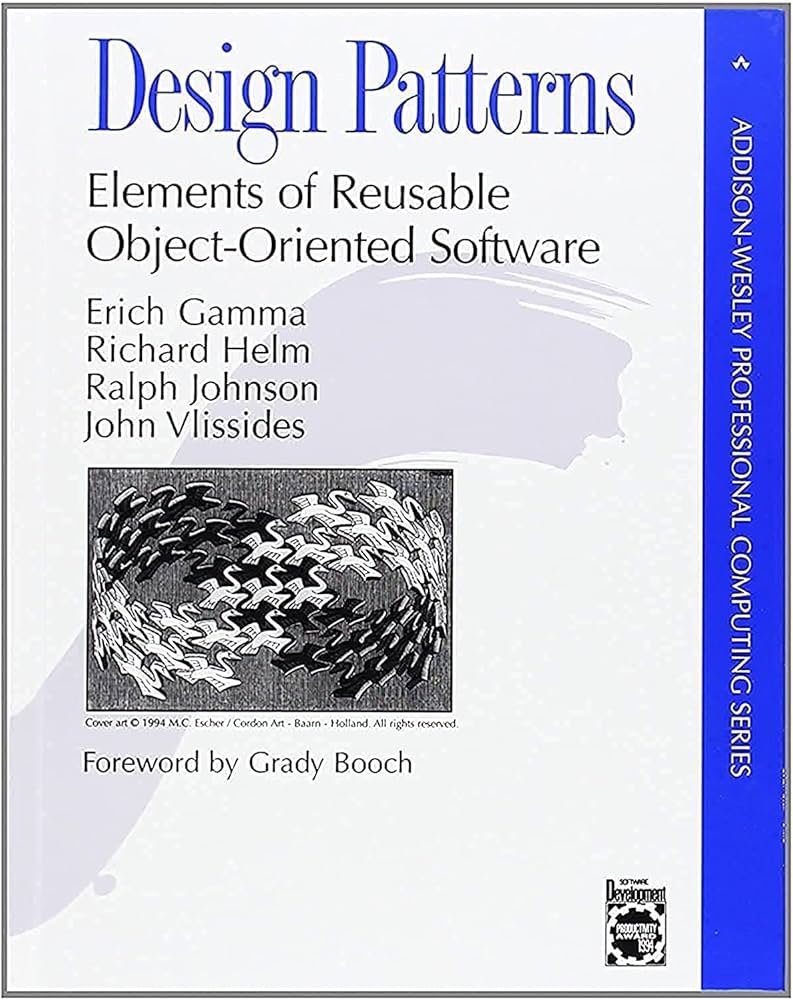
The authors of Design Patterns: Elements of Reusable Object-Oriented Software are Grady Booch, John Vlissides, Erich Gamma, and Richard Helm. In order to help you create object-oriented software, the authors of this book begin by defining patterns. This greatest software engineering book outlines the situations in which each pattern is appropriate. All patterns in the book come from real systems, which are real-life examples from existing systems.
5. The Art of Computer Programming (Vol. 1 to 4)
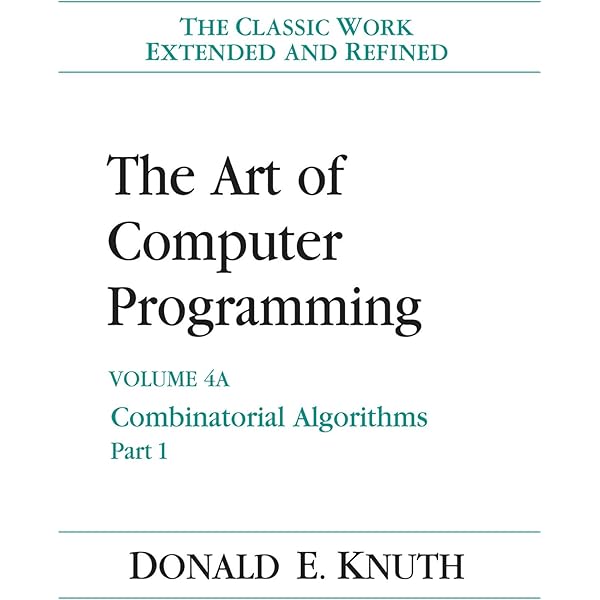
The four-volume series of The Art of Computer Programming is a resource that ought to be on the bookshelves of pretty much any self-respecting software developer, despite being on the more expensive end of the scale. No matter their skill level, programmers can benefit from the knowledge in the four books that make up this volume. Regardless of your level of experience as a software engineer, you shouldn’t overlook the important material in these hardback books.
This book series’ familiarization of its readers with thorough tools frequently used in programming is one of its main objectives. It’s important to note, though, that this book series is more of a resource you can use as needed than something you should read from cover to cover.
6. Patterns of Enterprise Application Architecture
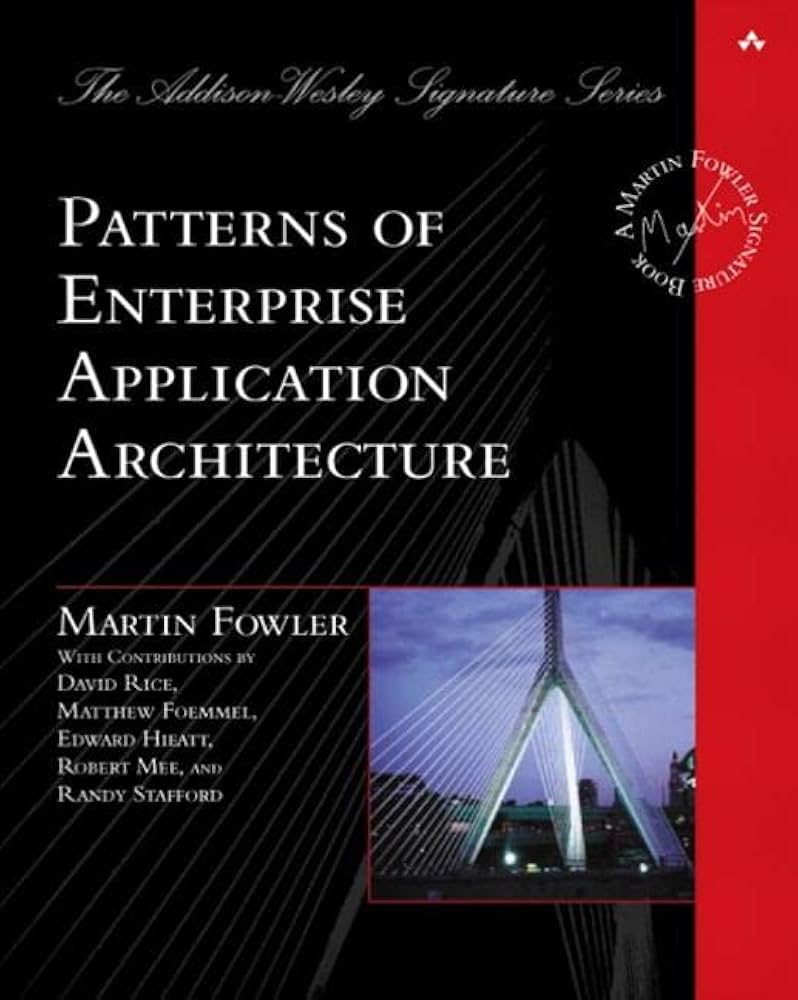
Programming author Martin Fowler has written a book titled Patterns of Enterprise Application Architecture. The author of this new book discusses corporate application development. In order for an enterprise project to be successful, architecture—which is a crucial component of all application development and is notably important for experts to know. He assists them in doing this by explaining the difficult but fundamental parts of architecture. The reader may make the best decisions when faced with a challenging design choice in their project by using this book’s patterns, enterprise architecture, and author’s context, which makes it one of the top software engineering textbooks.
7. The Pragmatic Programmer: Your Journey To Mastery, 20th Anniversary Edition

The Pragmatic Programmer is already approaching its 20th anniversary, but it is still in demand and highly regarded. This kind of reception speaks much about its caliber, applicability, and benefit. Because something is “old,” it doesn’t necessarily mean that it is out-of-date or useless. This anniversary release—now in its second edition—revisits the definition of a contemporary programmer.
The Pragmatic Programmer covers a wide range of topics, including architectural methods, individual accountability, professional advancement, and more. The Pragmatic Programmer, a contender for the greatest book on software engineering, may assist you in keeping your code reusable while maintaining its adaptability and flexibility.
8. Code Complete: A Practical Handbook of Software Construction

Code Complete (2nd Edition) by Steve McConnell is another of the greatest software engineer books you can discover right now. It is widely considered as one of the best practical programming tutorials available today. For more than ten years, the first edition of this book has been assisting programmers in raising the quality of their code.
The second version of the book has just been completely edited and updated and now includes more recent, cutting-edge techniques employed in the sector. This book includes knowledge drawn from academic study, research, and even regular commercial activity. It’s a great read regardless of your level of experience because it seeks to help you spark and enlighten your thinking, enabling you to improve the quality of your code.
9. Enterprise Integration Patterns
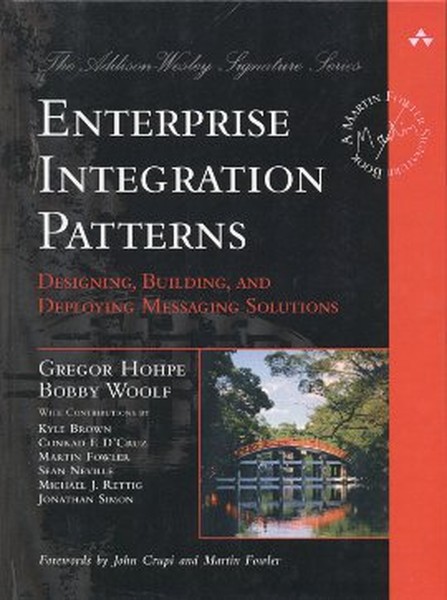
The authors of Enterprise Integration Patterns are Gregor Hohpe and Bobby Woolf. This book provides a priceless collection of different pattern recommendations with practical solutions that aid in the creation of efficient messaging systems for your business. Additionally, the authors provide examples that span a variety of technologies, including JMS, MSMQ, Microsoft BizTalk, SOAP, and XSL.
One of the best books on software engineering, it offers a unified vocabulary and visual notation system. It explains solutions for extensive technology integration. The advantages and restrictions of asynchronous messaging structures are also thoroughly covered in the book.
10. Refactoring: Improving the Design of Existing Code
Martin Fowler is the author of the book Refactoring: Improving the Design of Existing Code. This book enhances the design of your old code to improve software maintainability and make current code simpler to comprehend. The book provides functional examples that show how to refactor without classes as well as JavaScript code samples. You will learn the fundamentals of refactoring from this book. You can learn how to make a program simpler to understand and modify from the book. Additionally, you will discover how to create reliable tests for your refactoring.

11. A Philosophy of Software Design
This book discusses software design as its title suggests, but it puts an emphasis on doing so while keeping design complexity to a minimum. Its main objective is to assist software developers in managing complexity throughout the software design and engineering process. It also discusses a lot of the philosophical considerations that software engineers and programmers must make while creating a product.
This book employs an intriguing framework to help explain ideas succinctly. If you want an in-depth look at the principles involved in software engineering, this is a great read because everything you need to know can be easily understood with the way John K. Ousterhout wrote it.
12. Don’t Make Me Think, Revisited: A Common Sense Approach to Web Usability

Steve Krug, a usability consultant and authority on information design and simple navigation, wrote the book Don’t Make Me Think. Since its release in 2000, the book’s first edition has proven to be a useful tool for individuals wanting to learn more about UX (user experience) design. The third version, which includes a new chapter on mobile usability, is now in print. If you want new insights and useful suggestions on designing software or websites for people, read this book. The book emphasizes conciseness, simplicity, and using common sense into design to improve user experience.
13. User Stories Applied: For Agile Software Development
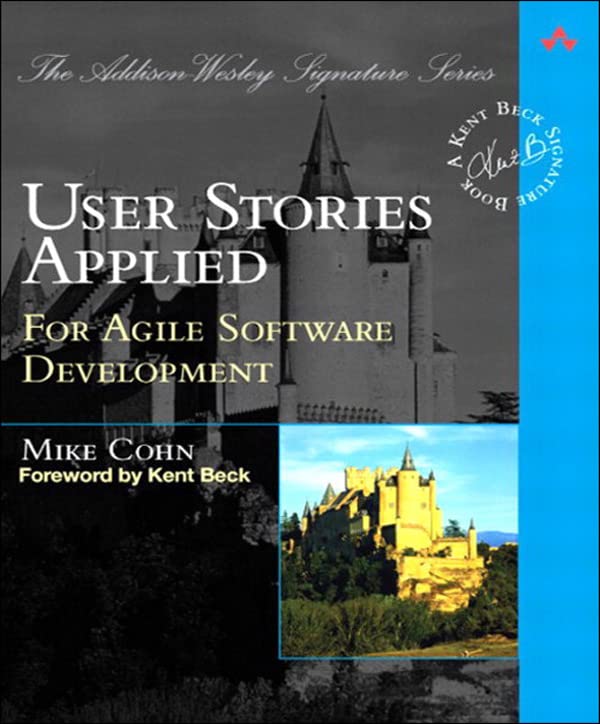
User Stories Applied: For Agile Software Development is a great book written by Mike Cohn. The book is an efficient tool for getting the customer’s requirements. Additionally, it provides an explanation of user stories and shows how to effectively organize, coordinate, and test software development projects. The book offers a variety of questions and exercises as well as examples of both successful and unsuccessful ways to apply the idea. After reading this reference book, you’ll be able to identify the most efficient techniques for creating software programs.
14. Head First Design Patterns: Building Extensible and Maintainable Object-Oriented Software
Four subject-matter experts—Eric Freeman, Elisabeth Robson, Kathy Sierra, and Bert Bates—wrote Head First Design Patterns. This book focuses on the numerous problems that, at least in terms of design patterns, may frequently present difficulties for software engineers. This well-written book has a format and structure that is rich in images and is able to interact best with the human mind. Its main objective is to impart the most important software design patterns to software engineers of various degrees.
It goes further, though, by demonstrating to software programmers how and when to apply these patterns. Software engineers can learn about patterns they should never use at all (and why) from Head First Design Patterns.
15. Soft Skills: The Software Developer’s Life Manual
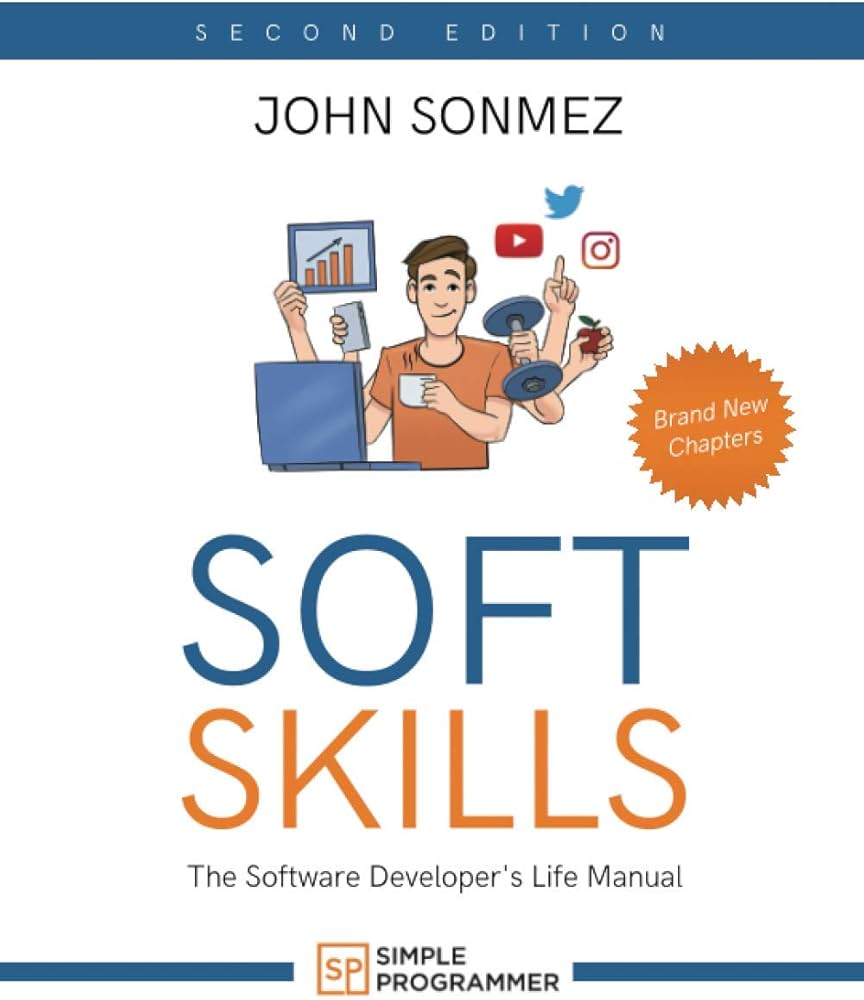
The reference work Soft Skills: The Software Developer’s Life is a book by Manual John. It serves as a manual for leading a balanced, contented life as a software development professional. For this reason, a developer and author of a life book offer advice to software engineers on crucial topics including relationships, investing, and personal finance. It has 71 concise chapters. You can improve your software engineering skills and become a better programmer with the help of this book.





